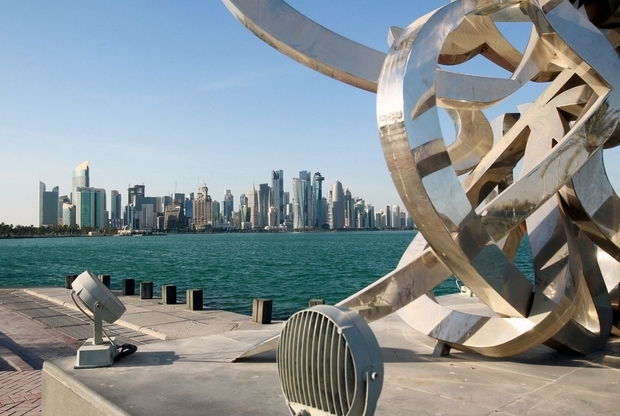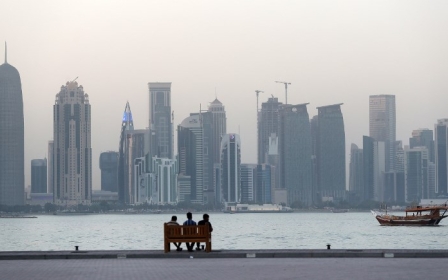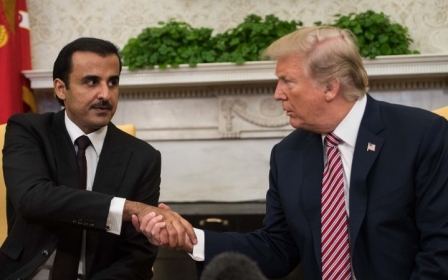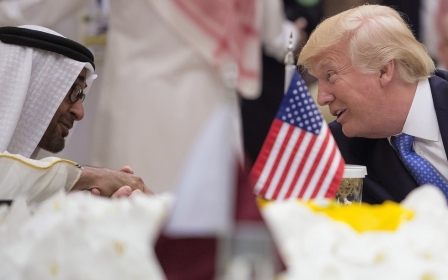Bahrain says 'no glimmer of hope' for resolving Gulf crisis

Bahrain has said it sees no hope of resolving a diplomatic crisis with neighbouring Qatar nearly a year after it and other Arab states cut off diplomatic and trade ties with the Gulf kingdom.
Along with Saudi Arabia, the United Arab Emirates and Egypt, Bahrain imposed a blockade on all trade and transport links with Qatar last June, alleging it was backing Iran and supporting terrorism. Qatar denies this and says the boycott is an attempt to impinge on its sovereignty and rein in its support for reform.
"The information in our hands today does not indicate any glimmer of hope for a solution now, as the matter does not happen suddenly," Bahrain's Foreign Minister Sheikh Khalid bin Ahmed al-Khalifa told Alsharq Alawsat newspaper on Sunday.
His comments came a day after Qatar ordered shops to immediately strip shelves of products from the blockading countries that had bypassed the boycott by being shipped from third countries.
Qatar said the ban was to protect consumers from products which had not undergone proper customs procedures.
"Products originating from blockading states, which as a result of the blockade cannot pass the GCC [Gulf Cooperation Council] customs territory, have to undergo proper import inspections and customs procedures," Qatar's Government Communications Office said in a statement.
After initially disrupting Qatar's imports and triggering the withdrawal of billions of dollars from its banks by depositors from the four states, Qatar, the world's top exporter of liquefied natural gas, quickly developed new trade routes and has looked to Turkey, Morocco and Iran for food imports.
The Qatari economy has largely shrugged off the negative effects of the blockade. The economy expanded faster than most of its neighbours last year and is expected to outperform this year, according to International Monetary Fund data.
The dispute has evaded mediation attempts by Kuwait and Washington, which has strong alliances with both sides and fears the split among Sunni Muslim US allies could benefit Iran in a decades-old tussle for influence in the Middle East.
Bahrain's foreign minister said Qatar was prolonging the crisis by taking its case to Western allies, instead of dealing with it inside the Gulf Arab bloc.
"We were expecting from the beginning of the crisis with Qatar that the emir of Qatar would go to Saudi [Arabia] but this did not happen," he told the pan-Arab newspaper.
Saudi and UAE officials have said that Doha has yet to meet 13 demands made by the four states, including closing the state-funded Al Jazeera television station and reducing ties to Iran.
UAE Minister of State for Foreign Affairs Anwar Gargash said last week on Twitter that Qatar had not dealt wisely with those demands: "Perhaps the passing of a year of the boycott will produce a new thought and a wiser approach from Doha".
New MEE newsletter: Jerusalem Dispatch
Sign up to get the latest insights and analysis on Israel-Palestine, alongside Turkey Unpacked and other MEE newsletters
Middle East Eye delivers independent and unrivalled coverage and analysis of the Middle East, North Africa and beyond. To learn more about republishing this content and the associated fees, please fill out this form. More about MEE can be found here.




